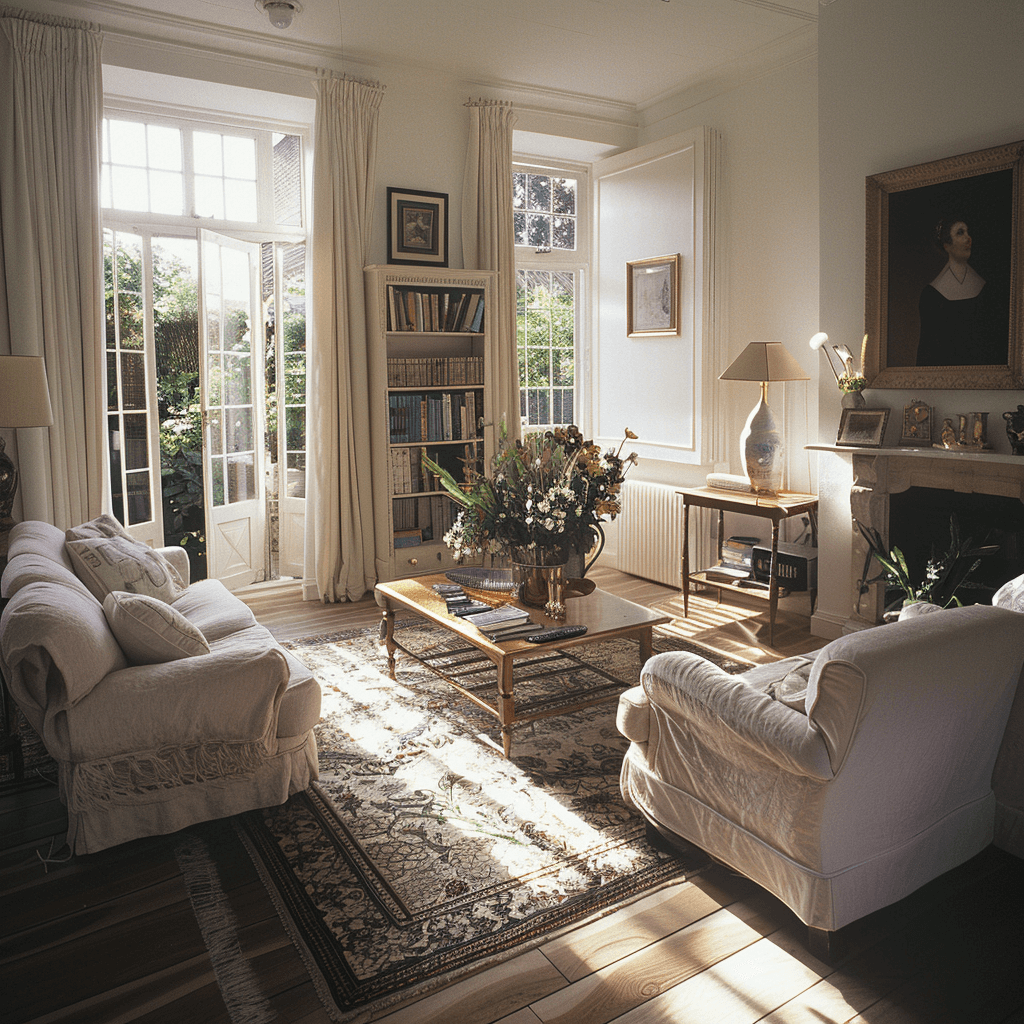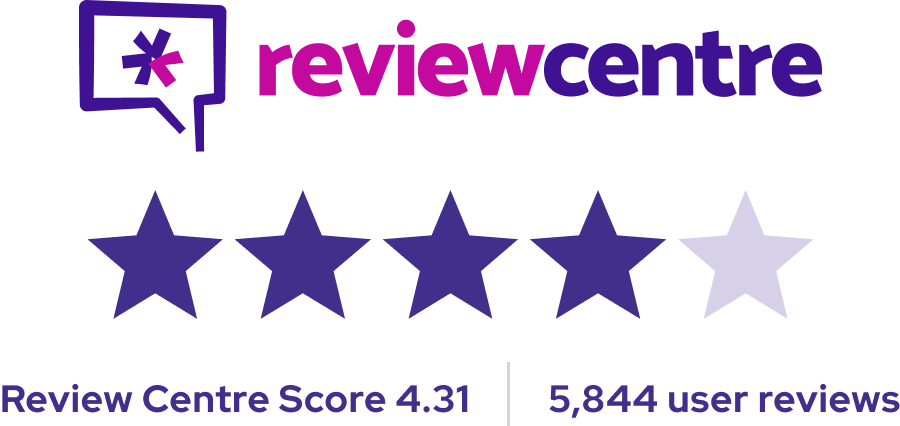Valuing Property for Probate
How to VALUE A PROPERTY FOR probate and inheritance tax
When someone passes on, their executor needs to get what’s known as a ‘grant of representation’ or ‘probate’.
This gives the executor the legal right to deal with estate of the deceased person and pass on their assets in accordance with will.
To do this, their entire estate needs to be valued, and this includes establishing how much their home and other property is worth. This is the case even if the beneficiaries are not planning to sell it.

While a property is going through probate, it is likely to be left empty. If so then it needs to be covered by unoccupied property insurance, and it is usually the responsibility of the executors to make sure this is done while probate is carried out.
How is a house valued for probate?
House value in a probate context is its open market value. The open market value is what the property might reasonably fetch if it was sold on the open market to a (willing) buyer on the date of transfer.
Usually, the transfer date is the day the deceased died, but if they gave the property away as a gift within the previous seven years, then it is the date the gift was given. Any peculiarities (such as a buyer desperate to purchase on the property’s street and willing to pay well over the odds) should be ignored.
If the property is of standard construction and in an area where there are similar properties, HM Revenue and Customs advise you to check advertised prices with local estate agents for houses or flats of the same size and in the same condition. Zoopla and Rightmove can also provide details of recent sale prices locally.
If you want a more thorough estimate, you can ask estate agents to conduct a full valuation of the property for probate. To make sure you’re getting the best price, be sure to get several valuations and take the average price. The value you submit and any calculations you make must be justifiable — should you be asked by the District Valuer.
However, be aware that some estate agents may give you a suggested asking price which is higher than the value for which they would actually expect the property to sell. This would lead to an inflated probate valuation, meaning that the beneficiaries could be liable for more inheritance tax than was necessary. To avoid this, ask the agent to provide an expected selling price as well as an asking price.
Any peculiarities — for example, a buyer desperate make a purchase and willing to pay well over value — should be ignored when determining the value.
Taking into account items beyond the property
Property may just be one aspect of the estate however, and you also need to establish the value of:
- Any land the person owned
- Personal possessions such as cars, jewellery and antiques
- Financial assets such as money in bank accounts, stocks & shares, bonds etc
- Insurance policies and pensions such as life insurance policies
Valuing a property for inheritance tax
Once the value of the property has been calculated, this needs to be added into a wider document to calculate how much inheritance tax the beneficiaries will be liable for.
Remember that the property forms one part of “the estate” — the rest is the includes tangible assets and possessions and financial assets such as those listed above.
Once you have the value of property for probate — by speaking to several estate agents for free valuations and comparing prices online — you can send this off to HMRC and they’ll tabulate a final figure for your inheritance tax payments.
Do I need a surveyor’s valuation for probate?
If the property is of non-standard construction, or is the only one of its type in the area, or there have been no recent sales of similar properties in the area so it’s harder to establish the market value, it may be necessary to pay a chartered surveyor for a professional valuation.
Getting a professional valuation may also be the best option if the property is very dilapidated but is on a large plot of land which could be suitable for development.
HMRC are also more likely to accept a valuation provided by a professional.
When can an inherited property be sold?
When you inherit a property, you can only sell it once probate has been granted although it can be put on the market before that time.
Insuring an unoccupied property during probate
When a house is left empty for more than thirty days at a time, be it for probate or any other reason, it can be difficult to get unoccupied home insurance cover.
Tip
Once probate has been granted, if the beneficiaries decide to sell the property it will almost certainly need to be cleared before it can be sold. This can be time consuming, so it’s important to ensure that building and contents insurance are in place throughout this period.

Get a home insurance quote online
Get a quote online in less than 10 minutes*
You might also be interested in…
Unoccupied property insurance





